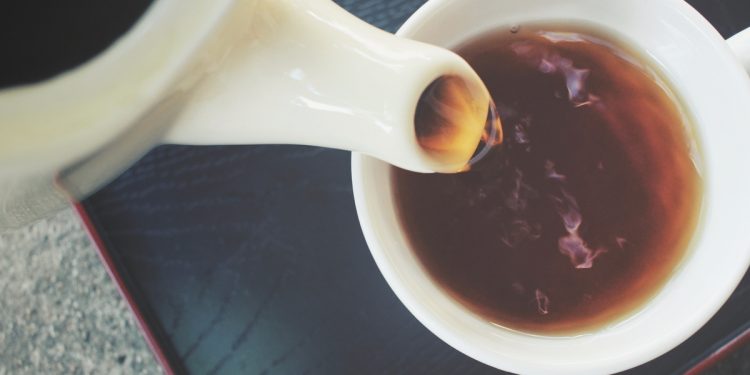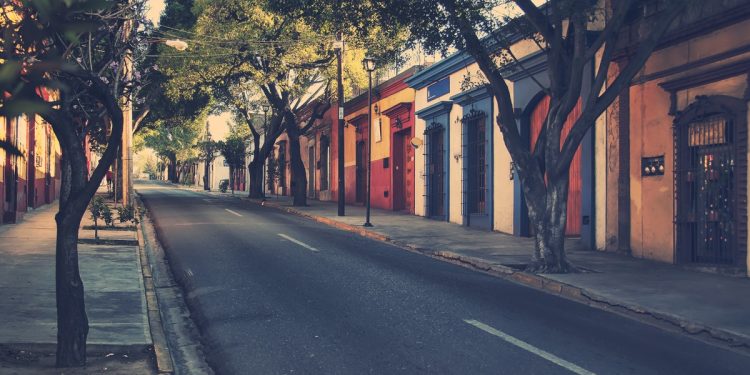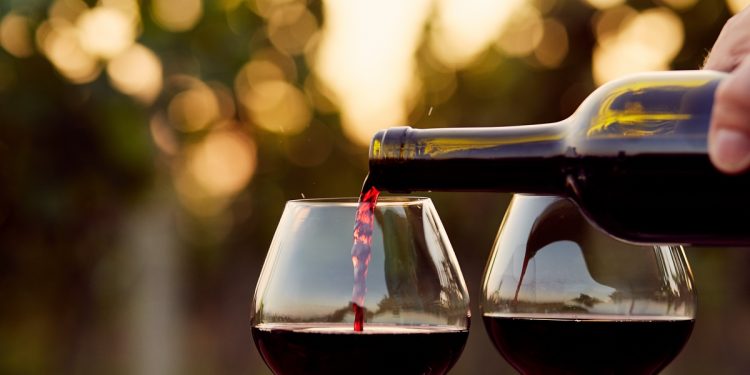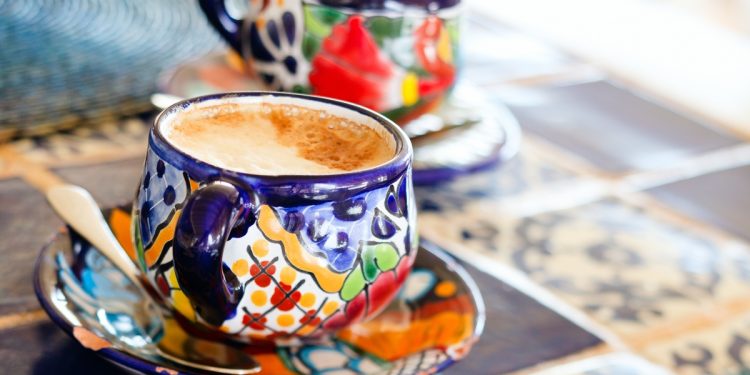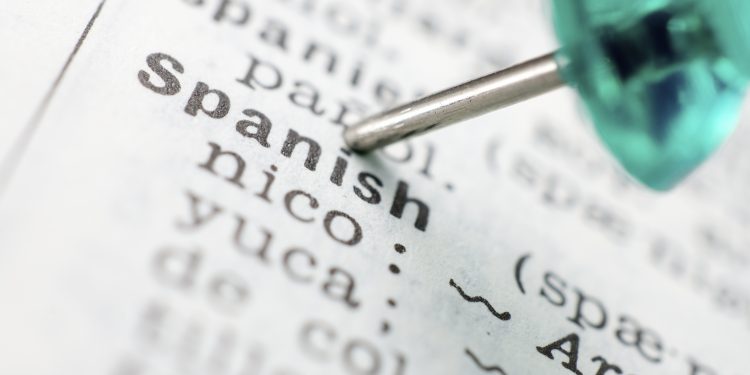There are a number of things that the British when traveling or living abroad find hard to come across. One of them is Marmite, another is the Daily Mirror, but the most important is “a decent cup of tea.”
The British set a lot of store by the quality of their tea, hence George Orwell’s eleven golden rules for ensuring a nice cup of tea, or Monty Python’s “oh they don’t make it properly here, do they?”
The British are best known in Mexico for the Beatles, and after that for “la hora del té.” But being renowned for this four o’clock refreshment isn’t enough to fill local stores with PG Tips.
Mexican tea culture is known for its traditional herbal teas —some of which are reputed to carry medicinal properties— and so the tea shelves at even the best-stocked Mexican supermarkets tend to be loaded with herbal and fruit infusions that reflect this culture:
- manzanilla (chamomile);
- tila (linden flowers);
- azahar (orange blossom);
- yerbabuena (spearmint); and
- limón (lime, or lemongrass)…
…are just a few you’ll find in a colorful array of choices, but there will be only a limited supply of black tea—and that often at a higher price than you are used to paying.
The most common locally-packaged brand of black tea is Lagg’s. Imported Lipton tea is available at some places at times, and several supermarkets sell imported Twining’s English breakfast and Earl Grey teabags. But none of these come close to delivering the experience that can be enjoyed from a freshly brewed pot of tea made using high quality whole-leaf loose tea.
Occasionally the section of fancy goods at your local supermarket will have one-off deliveries of quality whole-leaf teas, —Darjeeling or Assam, for example— which if you want you should snap up quickly as there are no guarantees of restocking. Stumbling upon surprises like that can make the enjoyment even greater, as things are very easily taken for granted.
Devotees who attempt to seek a regular supply of whole-leaf tea for their brewing pleasure in Mexico should repair to specialist food markets that tend to offer a selection of imported gourmet brands, although there’s nothing to be gained caviling about the price as these teas trade at a generous premium in Mexico.
Traditional wisdom says that a proper cup of tea needs to be prepared with water boiling at around 100 degrees centigrade which would pose a problem for those visiting, or living in, Mexico’s highlands, where water naturally boils at lower temperatures.
However, tea expert and founder of the Rare Tea Company in London, Henrietta Lovell, says that the 100-degree rule is a myth, and that only mass-produced tea bags require this treatment, whereas better quality whole-leaf teas benefit from being brewed in water at lower temperatures: white teas 70-degrees, and black teas 85-degrees centigrade.
If you can’t source the better quality teas locally and can’t get used to the taste of tea from teabags here, then it’s a good idea to stock-up on your next shopping trip overseas, or ask friends and family to pack some on their next visit. Otherwise, there is nothing to be done but switch to coffee, which Mexico has plenty of, and great variety.
Mexico in your inbox
Our free newsletter about Mexico brings you a monthly round-up of recently published stories and opportunities, as well as gems from our archives.

